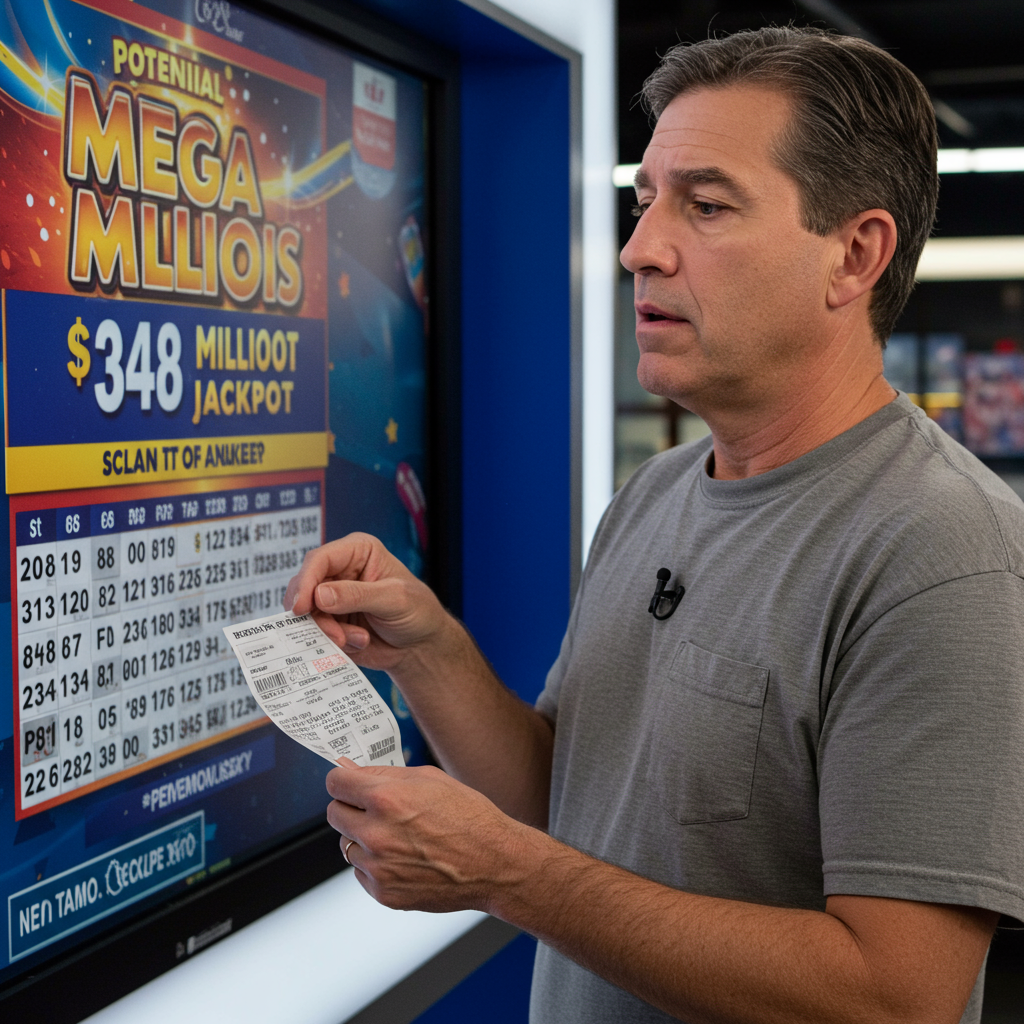Controversial $14.9 Billion US Steel Takeover Completed by Japan’s Nippon Steel
Japanese industrial giant Nippon Steel has successfully finalized its acquisition of US Steel, concluding a deal valued at $14.9 billion (£11 billion). This transaction, which faced significant political and regulatory hurdles, solidifies Nippon Steel’s position as a major player in the North American market and creates one of the world’s largest steel manufacturing entities.
The acquisition sees Nippon Steel paying $55 per share and assuming US Steel’s debt, marking a substantial investment in the 124-year-old American company. The deal was initially announced in late 2023 and was viewed by some as a potential lifeline for the storied but financially challenged US Steel.
Political Opposition and Trump’s Reversal
The proposed takeover quickly became a flashpoint during the US presidential election cycle. Concerns were voiced by both former President Donald Trump and his Democratic opponents regarding the foreign acquisition of one of the last major domestic steel producers, citing potential implications for national security and American jobs. Former President Joe Biden had also taken action, blocking the deal in the final weeks of his term, a move that prompted US Steel and Nippon Steel to file a lawsuit alleging improper politicization of the national security review process. The US Steelworkers union (USW) also vocally opposed the acquisition throughout the process.
However, the trajectory of the deal shifted dramatically when President Donald Trump reversed his earlier stance and granted official approval via an executive order. This change of heart came after Nippon Steel agreed to a series of significant concessions designed to address concerns, particularly those related to national security and domestic control.
Key Concessions Securing US Control
To gain approval, Nippon Steel committed to several binding agreements, granting the US government an unusual degree of oversight and control:
Significant Investment: Nippon Steel has pledged to invest $11 billion in US Steel by 2028, including the construction of a new, state-of-the-art facility planned for completion after that year.
“Golden Share” for Government: Crucially, the agreement includes a “golden share” provision, giving the US government significant influence over key strategic decisions. This includes preventing the transfer of jobs or production outside of the United States and having a say in decisions regarding the closure or idling of factories.
Maintaining US Identity: Nippon Steel has committed to retaining US Steel’s historic headquarters in Pittsburgh, Pennsylvania.
American Leadership: The Japanese firm agreed to install US citizens in crucial management roles, including appointing an American chief executive officer and ensuring a majority of the board of directors are US citizens.
In a joint statement, Nippon Steel and US Steel emphasized that the partnership ensures the American company “will retain its iconic name and headquarters… and that it will continue to be mined, melted, and made in America for generations to come.” They also claimed the deal would “protect and create more than 100,000 jobs,” aligning with the administration’s focus on strengthening domestic manufacturing and supply chains.
Context: Trump’s Pro-Steel Policy
President Trump’s decision to approve the deal, following concessions, aligns with his broader economic agenda which has heavily prioritized protecting the American steel industry. A cornerstone of this policy has been the imposition of high tariffs on imported steel. Under his administration, tariffs on steel imports have been doubled to 50%, explicitly aimed at securing the future of the domestic industry and encouraging US businesses to purchase materials from American suppliers by making foreign alternatives economically unviable. While controversial and facing criticism for increasing costs for US manufacturers and potentially inviting retaliation, this protectionist stance underscores the strategic importance the administration places on domestic steel production. Trump reportedly adjusted his position on the US Steel deal after hearing from local officials concerned that without Nippon’s investment, US Steel might be forced to cut jobs, demonstrating a focus on immediate job preservation alongside strategic control.
Union Response and Future Oversight
Despite the deal’s completion, the US Steelworkers union remains vigilant. While acknowledging the agreement, USW President David McCall noted that the final terms granted the president a “startling degree of personal control” over a corporation. The union has stated it will continue to monitor Nippon Steel closely to ensure all commitments are upheld.
With the completion of the acquisition, shares in US Steel have ceased trading, marking the beginning of a new chapter under Nippon Steel’s ownership, albeit one subject to unprecedented government oversight.



